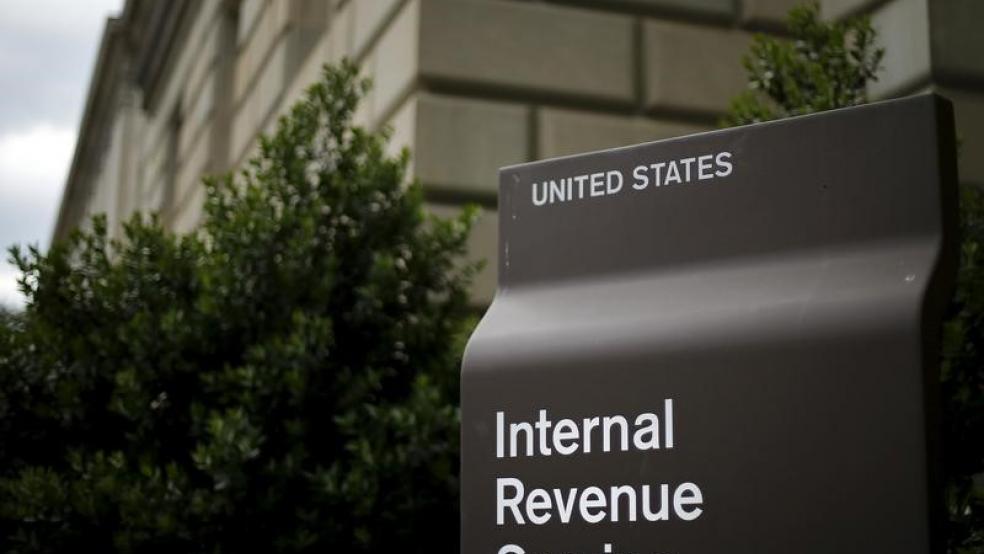After enduring budget cuts each of the last five years, the Internal Revenue Service is struggling to enforce tax laws and claw back money owed to Uncle Sam, according to the latest data from the agency.
Last year, the IRS processed more than 243.2 million tax returns, up 5.6 percent since 2010 when funding was first slashed. The agency’s operating costs have fallen 8 percent to $11.4 billion from $12.4 billion in that time. Factoring in inflation, the actual decline is 18 percent, according to the Center on Budget and Policy Priorities.
To deal with the cuts, the IRS workforce has shrunk by 15.6 percent, from 94,346 positions to 79,890. The number of personnel working in examinations (audits) and collections dropped by a quarter, while regulatory staff fell by more than a fifth.
The result, so far, is fewer enforcement actions. Even though there were more returns last year, the IRS audited 20 percent fewer than in 2010 and sought 44 percent less in additional taxes, $25.1 billion versus $44.8 billion.
The agency’s automated auditing programs also produced less than five years ago. Its automated under-reported program and substitute for return program this year generated 4.3 million closed cases, totaling $9.1 billion in additional assessments. In 2010, the programs closed 5.5 million cases worth $20.7 billion. The number of staff overseeing the programs fell by nearly 30 percent during that time.
Related: Tax Trouble: 32 Celebrities Who’ve Tangled With the IRS
The under-reported program compares filed returns against information filed by employers, banks and brokers (such as W-2s, Wage and Tax Statements, and 1099 forms) to check taxpayer accuracy. The substitute for return program uses that same information to create a tax return for individuals who fail to file one.
Last year, the IRS handed down more civil penalties versus 2010, but they were worth less. In 2015, the agency levied 40.1 million penalties totaling $24.1 billion to taxpayers for failing to pay taxes, underpaying taxes, delinquent filing, accuracy issues, bad checks and outright fraud. That compares with 37.1 million penalties worth $28.1 billion in 2010.
One in ten of the 2015 penalties were reduced by the IRS totaling $8.9 billion, while one in eight were lowered in 2010 worth $10 billion. The agency also accepted 40 percent of the 67,000 offers from taxpayers to settle tax liabilities for less than owed. In 2010, it was less generous and took only a quarter of the offers.
Related: 8 Red Flags That Could Trigger an IRS Tax Audit
While the IRS started 18 percent fewer criminal investigations in 2015 versus 2010, it got more indictments, convictions, sentencings and incarcerations last year.
Also on the upside, the IRS collected $3.3 trillion in gross taxes, the largest amount since 1960, adjusted for inflation. It’s also taking less money to collect taxes, despite the budget cuts and smaller staff. The cost of collecting $100 in taxes fell to 35 cents, down from 53 cents in 2010 and the lowest level since 1980. Part of that decline may be attributed to the increase in electronic filing. Last year, more than two-thirds of all returns were e-filed versus only half in 2010.
An earlier version of the story misstated how much the IRS automated auditing programs generated in 2015. The programs generated 4.3 million closed cases, totaling $9.1 billion, not $9.1 million as originally reported.





